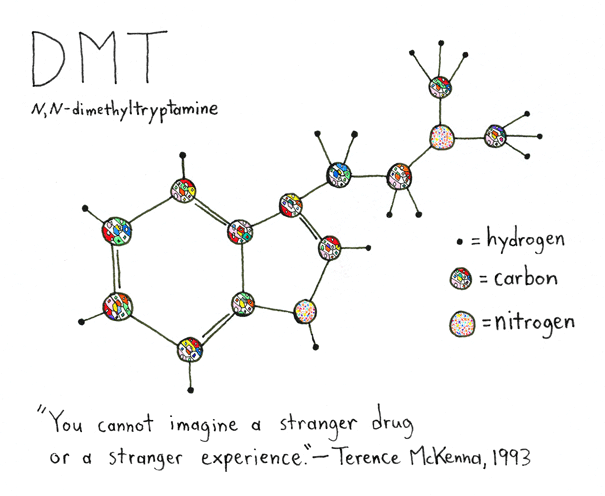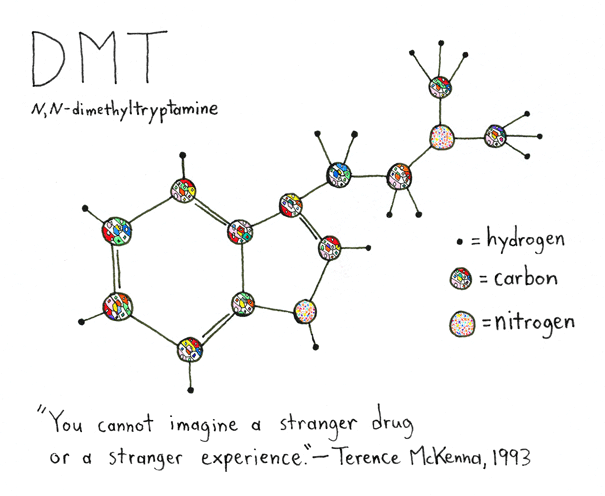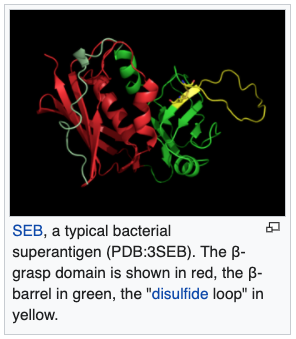
🧵Mind & Matter content series on @Leafly.
A written content series with a new article each month exploring the relationship between humanity and psychoactive drugs.
In this thread, I will collect links to each article in the series.
All articles: leafly.com/news/tags/mind…
1/
A written content series with a new article each month exploring the relationship between humanity and psychoactive drugs.
In this thread, I will collect links to each article in the series.
All articles: leafly.com/news/tags/mind…
1/
"Death and psychedelics: How science is reviving this ancient connection"
Explores the relationship between #psychedelics & death. It integrates the perspective of thinkers ranging from Timothy Leary to Aldous Huxley to @BrianMuraresku.
Read here: leafly.com/news/science-t…
2/
Explores the relationship between #psychedelics & death. It integrates the perspective of thinkers ranging from Timothy Leary to Aldous Huxley to @BrianMuraresku.
Read here: leafly.com/news/science-t…
2/
"Would psychedelic therapy work w/o tripping?"
Inspired by convos w/ scientists like David Nichols, @DEOlsonLab & others, explores the question of whether #psychedelics subjective effects are required for any of their therapeutic benefits.
Read here: leafly.com/news/science-t…
3/
Inspired by convos w/ scientists like David Nichols, @DEOlsonLab & others, explores the question of whether #psychedelics subjective effects are required for any of their therapeutic benefits.
Read here: leafly.com/news/science-t…
3/
"Is your drug a psychedelic, a dissociative, or an empathogen?"
Why do different psychoactive drugs have such divergent effects on consciousness? Unpacks how the chemistry & effects of #psychedelics, empathogens, and dissociatives differ.
Read here: leafly.com/news/science-t…
4/
Why do different psychoactive drugs have such divergent effects on consciousness? Unpacks how the chemistry & effects of #psychedelics, empathogens, and dissociatives differ.
Read here: leafly.com/news/science-t…
4/
"What are the potential risks of microdosing psychedelics?"
Microdosing #psychedelics is a hot topic right now. This article unpacks what the current state of scientific evidence is and whether there is any cause for caution.
Read here: leafly.com/news/science-t…
5/
Microdosing #psychedelics is a hot topic right now. This article unpacks what the current state of scientific evidence is and whether there is any cause for caution.
Read here: leafly.com/news/science-t…
5/
"Can drug use make you lose your mind?"
Can psychoactive drug use induce psychosis? I unpack the evidence for this for three different kinds of drugs: #psychedelics, amphetamines, and #cannabis.
Read here: leafly.com/news/science-t…
6/
Can psychoactive drug use induce psychosis? I unpack the evidence for this for three different kinds of drugs: #psychedelics, amphetamines, and #cannabis.
Read here: leafly.com/news/science-t…
6/
"Is CBD an antiviral COVID drug?"
Recent research has claimed that the CBD may have antiviral properties against #SARSCoV2. I evaluate the latest research in detail based on a conversation I had with scientists doing the work.
Read here: leafly.com/news/science-t…
7/
Recent research has claimed that the CBD may have antiviral properties against #SARSCoV2. I evaluate the latest research in detail based on a conversation I had with scientists doing the work.
Read here: leafly.com/news/science-t…
7/
• • •
Missing some Tweet in this thread? You can try to
force a refresh














